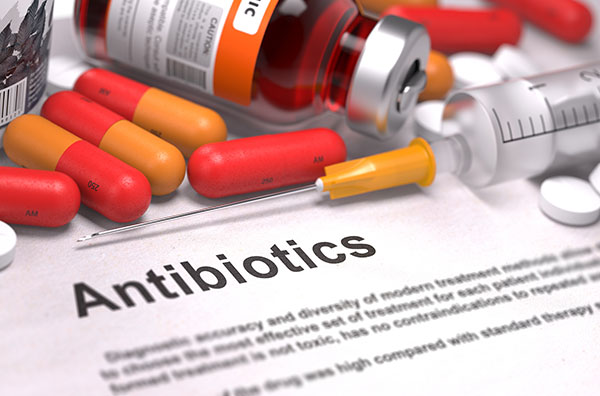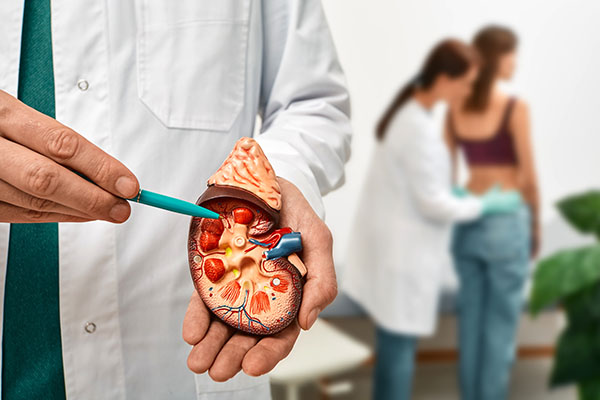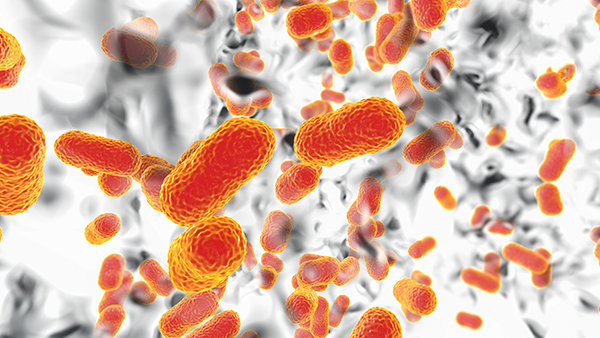
Probiotics are live bacteria which are known to be good for the gut as well as overall health. The easiest way to incorporate these into your diet is to take ample amounts of curds, such as yogurt or kefir. A specific type of probiotic, Lactobacillus reuteri, is particularly observed to be ideal for promoting health. When the bacterium was first discovered in the 1960s, scientists believed that L. reuteri occurred naturally in the bodies of around 30 to 40 percent of the general population. However, changes in diet and lifestyle have reduced that number to 10 to 20 percent.
This is why many food manufacturers are adding probiotics (especially L. reuteri) to their products. Even so, authors of this latest study suggest that the bacteria may have a more important role in gastrointestinal infections. They noted that traditional treatment methods which involve antibiotics may actually kill off “good” bacteria as well, making a person more susceptible to disease. C. difficile, they said, was a remarkably sneaky bacterium. It is able to thrive quite well in conditions that are removed from good bacteria. (Related: Antibiotics and Hospitals Cause Alarming Rise in Life-Threatening C Difficile Infections.)
The attempt to find the correct balance between “good” and “bad” bacteria in the gut has led some people to look into more unusual treatments. “When repeated antibiotics treatments fail to eliminate C. difficile infections, some patients are resorting to fecal microbiome transplant -- the transfer of fecal matter from a healthy donor -- which treats the disease but also could have negative side effects,” Dr. Jennifer K. Spinier, co-author of the study said on Science Daily. “We wanted to find an alternative treatment, a prophylactic strategy based on probiotics that could help prevent C. difficile from thriving in the first place.”
The team found that when L. reuteri was supplied with glycerol (a polyol compound), it produced reuterin, an antibacterial agent which selectively killed C.difficile. The mechanism was only seen among L.reuteri, however, which senior author Dr. Tor Savidge says, “provides important clues on why clinical efficacy may be seen in some patients treated with one probiotic bacterium but not with others.”
Both Drs. Spinier and Savidge hope to develop these compounds in a microbial community through lab cultures.
They and their team note that their findings are still at their preliminary stages. Further research into the topic is necessary. That said, they are optimistic that they have discovered a new preventive strategy for gastrointestinal health.
These findings were published in Infection and Immunity.
C. difficile in America
The disease is quite common, and all the more burdensome due to its prevalence. A published report on The New England Journal of Medicine concluded that clostridium difficile places a heavy weight in the United States. According to the authors, the number of hospitalizations due to C. difficile infections among nonpregnant adults doubled from 2000 through 2010. It is even attributed to around 14,000 deaths in 2007, all the while costing our government an estimated $4.8 billion in acute care facilities alone.
Those most vulnerable to the infection are:
- People who have been treated with broad-spectrum antibiotics,
- Those over 65 years old,
- Individuals with an underlying condition such as inflammatory bowel disease (IBD) or kidney disease,
- Cancer patients,
- Adults who are taking proton pump inhibitors (PPIs), and
- People who have had surgery on their digestive system.
You can read more stories like this on Detox.news.
Sources include:
Please contact us for more information.























